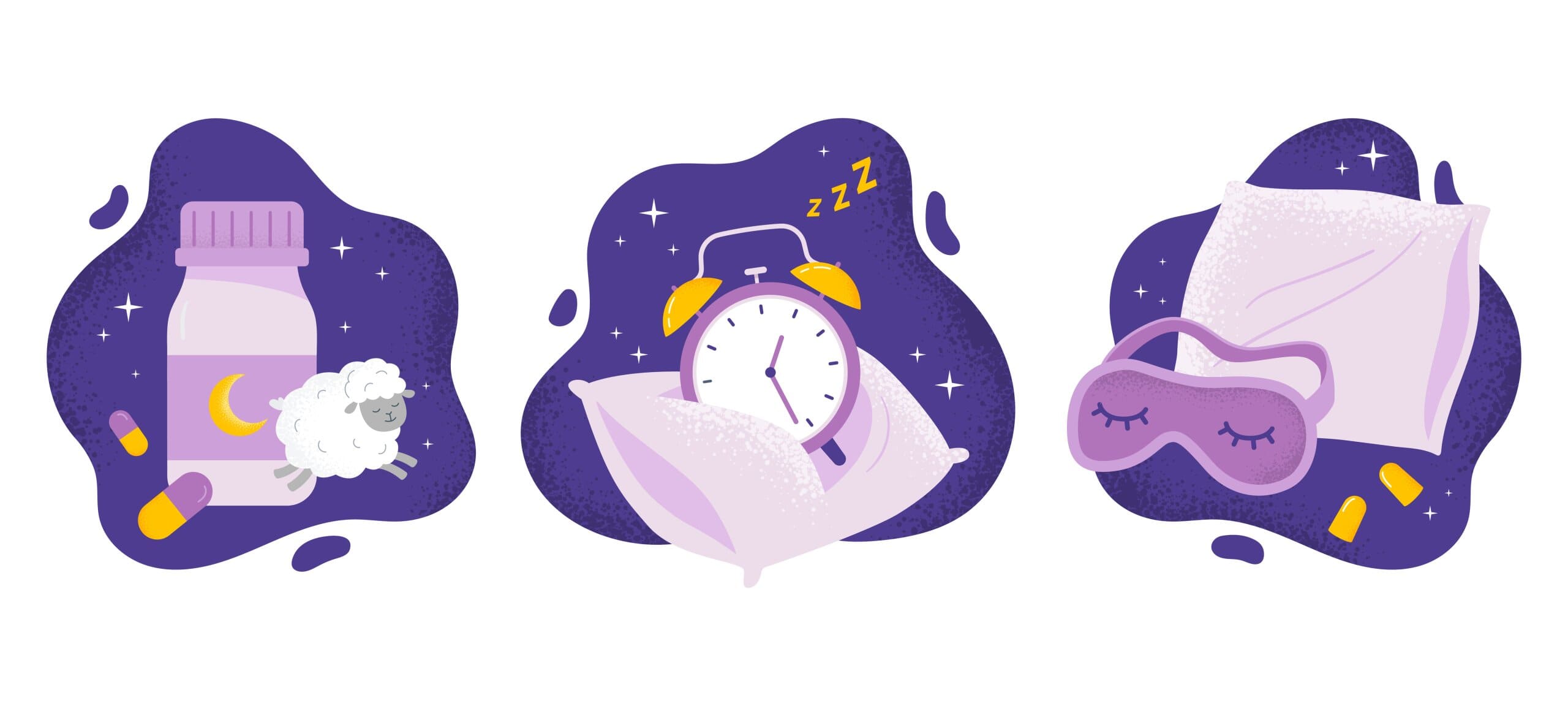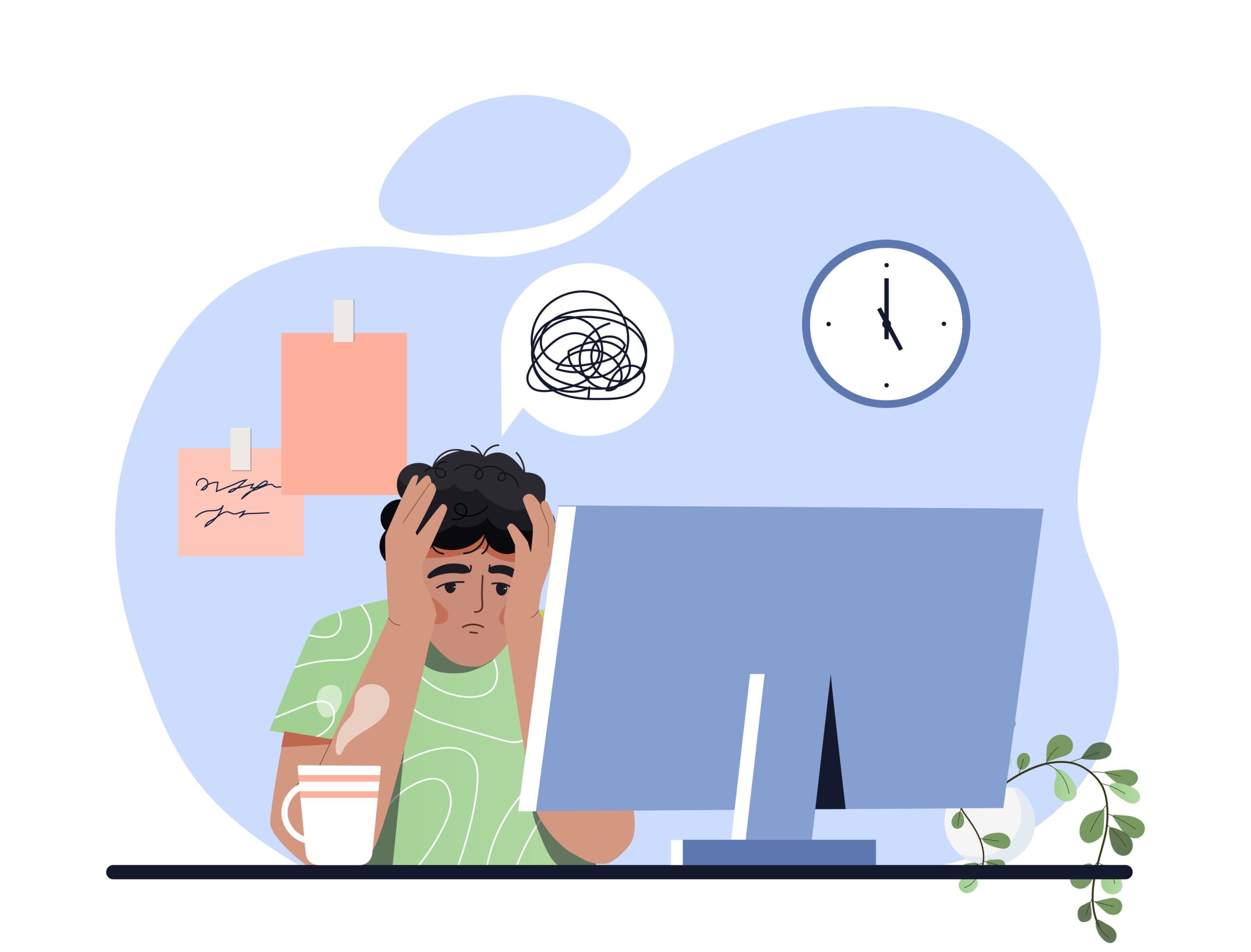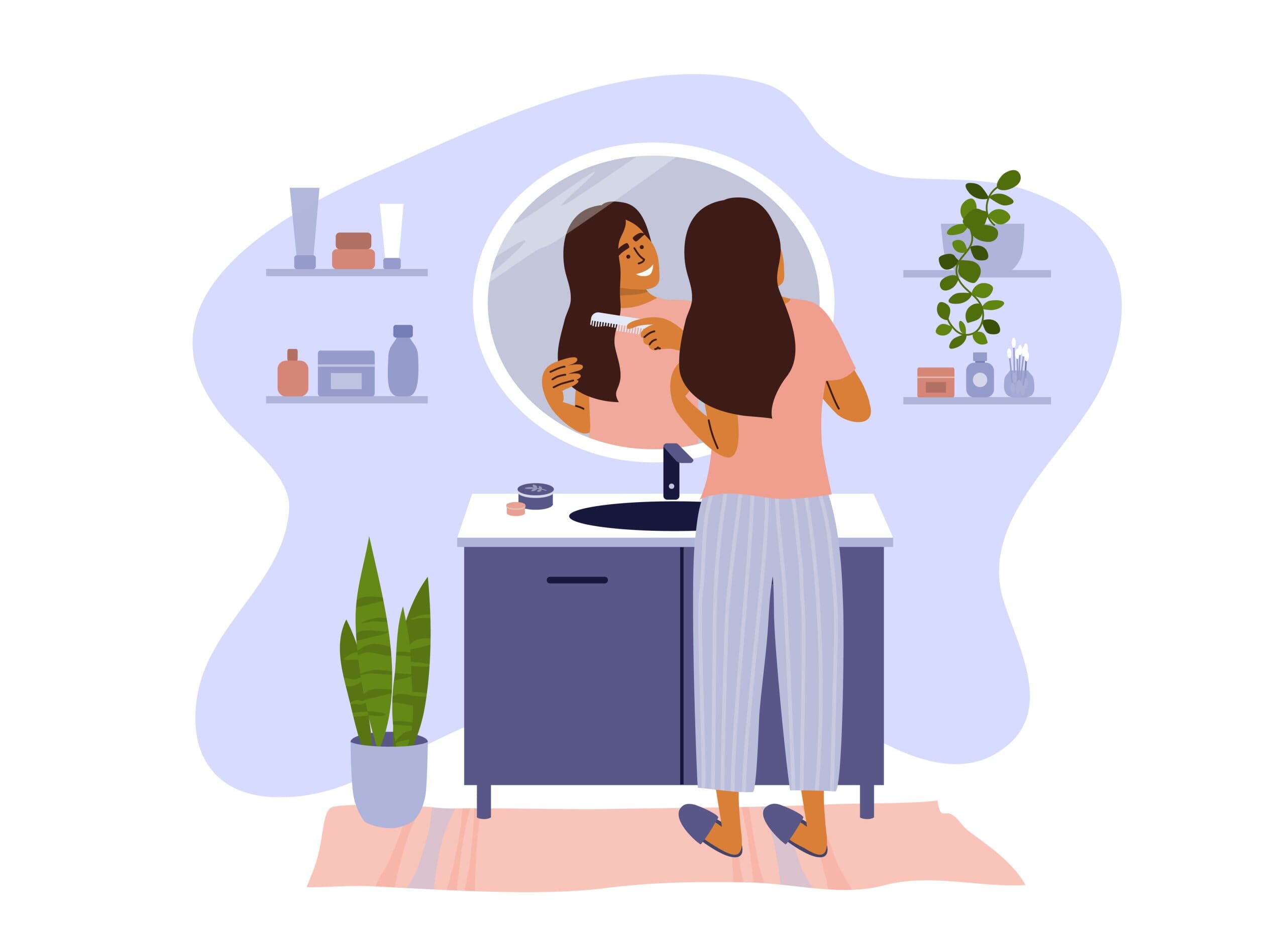Sleep cycles are made up of lots of different stages that each have their own characteristics – our guide on sleep cycles can give you loads of information on each one individually! However, deep sleep is the stage of our typical sleep cycle that seems to have the most importance, according to sleep scientists.
We already know how much sleep we need as adults, and how good sleep hygiene can help us get a restful night, but how much deep sleep do we need to get each night for our minds and bodies to recover? Our latest guide dives deep into everything related to deep sleep to get to the bottom of it.

What is deep sleep?
First up, we need to get the lay of the land with what deep sleep is. Deep sleep is the stage of sleep where you are the hardest to wake up. This is called slow-wave sleep because this is when your brain waves are at their slowest frequency, and it’s the third stage of NREM sleep (non-rapid eye movement).
Your breathing and heart rate will slow down most in deep sleep, and it’s also when your muscles are most relaxed. You’ll normally fall into deep sleep about an hour after you’ve fallen asleep, and waking up from deep sleep will leave you feeling very groggy.
Deep sleep has a lot of functions:
- It encourages body growth and repair of your muscles, bones, and tissue
- It improves your immune system
- It helps your brain to process everything it has experienced and learned in that day
- It replenishes your energy stores and regulates your metabolism
- It plays a role in language learning and motor skills and strengthens your synapses
What percentage of your sleep should be deep sleep?
Most adults will spend up to 20% of their sleeping time in deep sleep. You’ll experience the longest period of deep sleep about an hour after you first fall asleep once you’ve cycled through the first two stages of light sleep. After this, the periods of deep sleep you experience will get shorter and shorter as your cycles get shorter throughout the night.
How much deep sleep do you need?
It’s typically suggested that adults need between seven and nine hours of sleep every night to be well-rested, and as deep sleep accounts for around 20% of this time, we can calculate that you need around 1.6 hours of deep sleep in eight hours.
You’ll also find that the amount of deep sleep you get decreases with age, so those under 30 might get around two hours of deep sleep per night, while those in their 70s only get around 30 minutes. Younger people typically require more deep sleep every night because they are growing and developing at a much faster rate than they ever will again as an adult.
You might figure out that you’re not getting enough deep sleep every night if you always wake up feeling exhausted. You might find yourself struggling to get through the day without nodding off or needing a nap, in which case you’re not getting enough rest and recovery during the night.

What happens when you don’t get enough deep sleep?
Not getting enough deep sleep can be detrimental to your health, both physically and mentally. There are the typical signs you’re not getting enough deep sleep, like feeling fatigued and struggling to go about your daily life. However, it can be more extreme than just fatigue - without deep sleep, your brain can’t convert the information it’s processed throughout the day into memories, and this can affect your memory long term.
Even just one night of bad sleep can leave you with difficulty learning new skills or remembering information. A lack of deep sleep can also leave you more vulnerable to infections since your immune system isn’t getting enough time to recover and learn. On a more extreme level, consistent disruptions to your sleep can advance neurological conditions like Parkinson’s Disease and Alzheimer’s.
Physically, a lack of deep sleep can change the chemical makeup of your body, and drive hormone changes that make you crave higher-calorie foods that can lead to the development of type-2 diabetes and heart disease. A lack of sleep can affect your heart health in multiple ways, so it’s really important to catch up on your sleep and get into the best sleep routine for the sake of your health!
How to get more deep sleep
The easiest way to get more deep sleep is to get more sleep overall, and achieving good quality sleep can be achieved with some quick lifestyle changes:
- Exercise daily, but try to avoid exercise close to bedtime
- Stay hydrated throughout the day
- Create a relaxing bedtime routine that doesn’t involve blue-light screens like phones or TVs
- Reduce your caffeine intake throughout the day
If you would like to increase the quality or quantity of deep sleep you get in your routine, there are some tried and tested steps you can take to encourage it:
- Eat more fibre – a diet with lots of saturated fats impacts the quality of slow-wave sleep you can have.
- Take a warm bath or shower an hour before you go to sleep – the process of heating your body and slowly letting it cool can help to induce deep sleep.
- Listen to binaural beats while you sleep – this is definitely a tip for those extremely determined to achieve deep sleep. By listening to binaural beats through headphones, it has been shown that the delta waves produced can induce delta waves in the brain and bring on stage 3 sleep more effectively.
You could also use a natural sleep aid as part of your daily routine. Lavender, for instance, is ideal for adding to your bath to help you relax, while a magnesium supplement can help you get a deeper sleep. Our article on the top natural sleep aids for better sleep could help you discover what will work best to get you the best deep sleep of your life!

You can also take a look at Emma's innovative Diamond Degree® technology products, which are specially engineered to extend your deep sleep phases. Graphite infused foam helps to cool your core body temperature down as soon as you get into bed, which enters you into a deep sleep phase quicker, and keeps you there longer. Check out our range of deep sleep extending Emma products to find out more.









